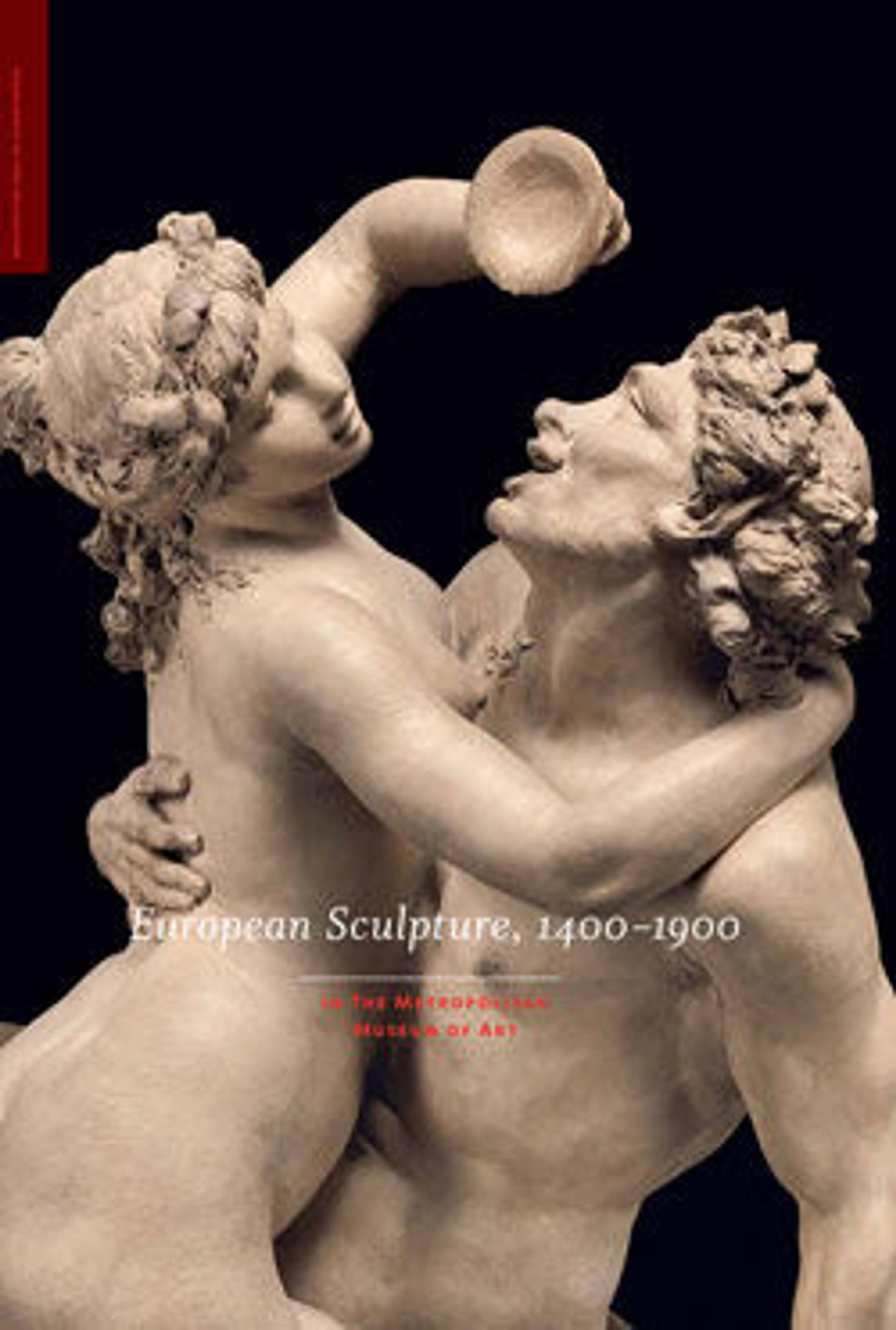Autumn in the Guise of Priapus (one of a pair)
Artwork Details
- Title: Autumn in the Guise of Priapus (one of a pair)
- Artist: Pietro Bernini (Italian, 1562–1629)
- Artist: Assisted by Gian Lorenzo Bernini (Italian, Naples 1598–1680 Rome)
- Date: 1616–17
- Culture: Italian, Rome
- Medium: Marble
- Dimensions: Overall (confirmed): 89 5/8 × 30 5/8 × 27 5/8 in., 2531 lb. (227.6 × 77.8 × 70.2 cm, 1148.1 kg);
Pedestal, confirmed: 42 1/2 × 30 × 30 in., 2725 lb. (108 × 76.2 × 76.2 cm, 1236.1 kg) - Classification: Sculpture
- Credit Line: Purchase, The Annenberg Foundation Gift, 1990
- Object Number: 1990.53.2
- Curatorial Department: European Sculpture and Decorative Arts
Audio
2166. Autumn in the Guise of Priapus
This curious work—half sculpture and half architecture—is known as a "term." It represents the Roman diety Priapus and was made to mark the "terminus" or boundary of the Borghese family's property in Rome. Priapus is shown in the guise of the season "Fall," indicated by the autumn fruits and vegetables that fill his arms and that decorate his rich headdress.
Notice his broad, overblown features. His wide smile, bulbous nose and knowing eyes humorously caricature a sly old man. A lively, vivacious quality infuses this work, partly because of the artist’s use of a drill to excavate the marble. This has the effect of making some parts stand out, such as the twists of curling beard and the thick locks of hair that peek out from below the god's headdress.
To the right is his more elegant companion, Flora. She is presented in the guise of "Spring" and is decked with the lush flowers of that season. In both their decoration and playful execution, these sculptures suggest the richness and unrestrained fecundity of nature. They were created by Pietro Bernini together with his young son, Gian Lorenzo. We may see the hand of Gian Lorenzo himself in the exaggerated features of Priapus—revealing the sculptor's later fascination with caricature and theatricality. Gian Lorenzo Bernini went on to become the most famous sculptor of the seventeenth century, pioneering Baroque style.
You’ll find another early work by Bernini nearby. It’s in the center of the small gallery to your right and is his wonderfully bucolic sculpture of a Faun Teased by Children.
More Artwork
Research Resources
The Met provides unparalleled resources for research and welcomes an international community of students and scholars. The Met's Open Access API is where creators and researchers can connect to the The Met collection. Open Access data and public domain images are available for unrestricted commercial and noncommercial use without permission or fee.
To request images under copyright and other restrictions, please use this Image Request form.
Feedback
We continue to research and examine historical and cultural context for objects in The Met collection. If you have comments or questions about this object record, please contact us using the form below. The Museum looks forward to receiving your comments.
